Synergy between government and industry marks the second day of the Digital Citizenship Congress
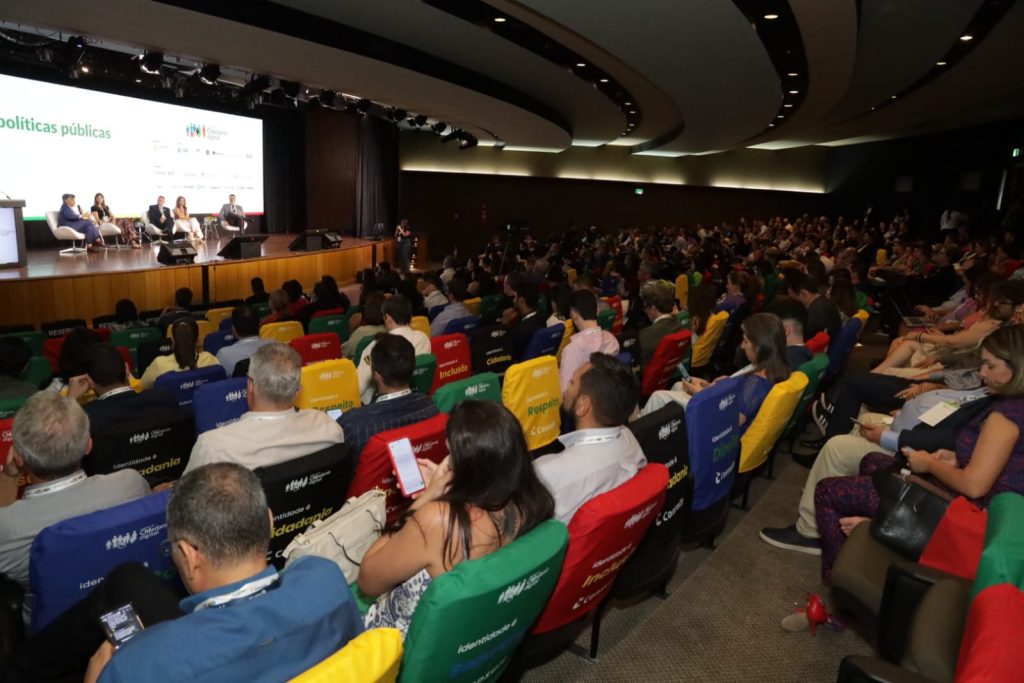
The second day of the Digital Citizenship Congress 2024 brought together leaders committed to the evolution of digital identity in Brazil, with the National Identity Card (CIN) as the central focus.
The Digital Citizenship Congress raises important topics and presents itself as a milestone for inclusion and security in Brazil.
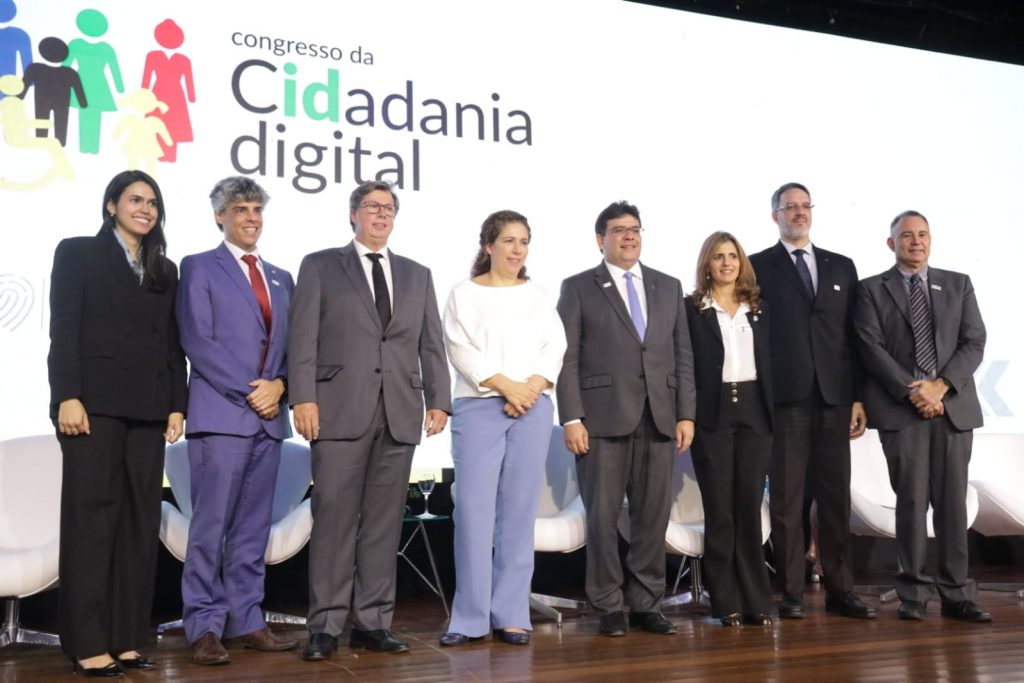
The first edition of Brazil’s largest Identification and Citizenship meeting took place from September 16 to 18, 2024.
Check out the latest happenings from the Congress of Digital Citizenship

On the last Wednesday, September 18, the final day of the Digital Citizenship Congress was held at the Royal Tulip in Brasília.
Congress discusses the use of new technologies for digital identification.
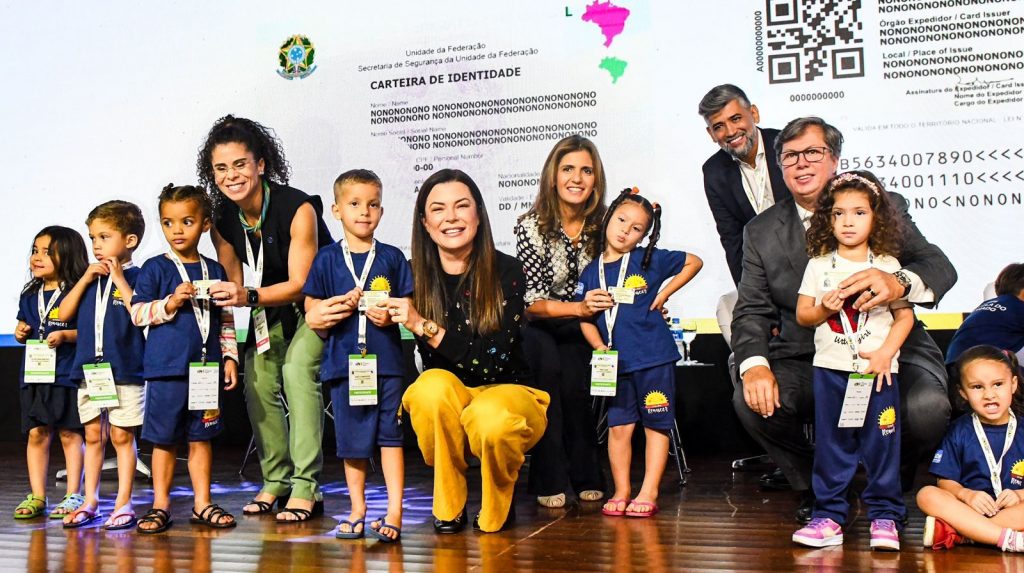
Event discusses innovation and trends in civil identification, electronic signatures, and digital public infrastructure.
National Identity Card will improve public services, says Ministry.
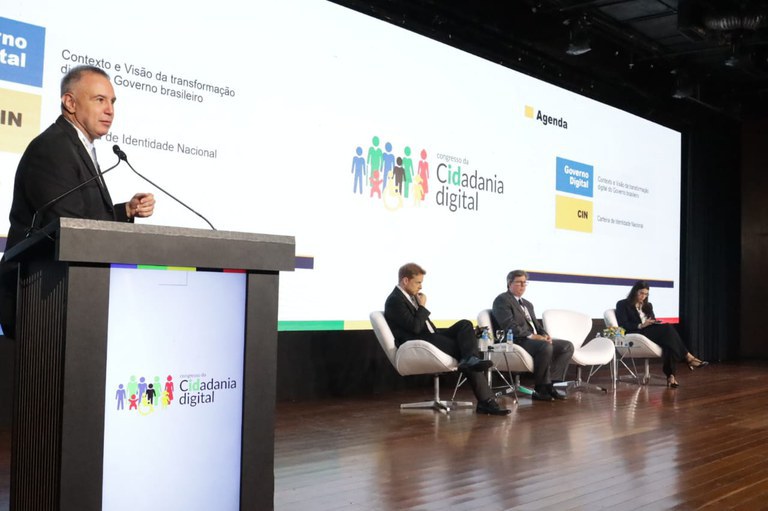
The Secretary of Digital Government, Rogério Mascarenhas, emphasized the importance of the evolution of Brazil’s identification system through the new National Identity Card (CIN) for public policies during the Digital Citizenship Congress held in Brasília (DF) on Tuesday (September 17). The event is supported by the Ministry of Management and Innovation in Public Services and is organized by the Brazilian Association of Digital Identification Technology Companies (Abrid). “It is fundamental for Brazil’s development that the government addresses this identity issue. Our goal is to have the majority of Brazilians with the CIN by the end of the government,” said Mascarenhas. To date, around 13 million CINs have been issued in 25 states and the Federal District (DF). One of the main innovations of the CIN is its national standard and unique number, which is the CPF (Cadastro de Pessoas Físicas, the Brazilian individual taxpayer registry). This way, the new card reduces fraud and improves administrative records, allowing for better planning of public policies. Additionally, the CIN will track citizens’ entire life cycle, from birth to death. “This is an initiative that improves the quality of citizens’ rights, the public services delivered to people, and also the business environment for companies. Because in a country with 27 different identity card numbers, it is very difficult to implement an efficient public policy,” he added. According to the Secretary, the CIN will be the foundation of a social platform for public services. In the future, public services or social benefits in areas such as social security, labor, assistance, health, and education may be granted automatically. To illustrate, Mascarenhas cited the process for granting a benefit from the birth of a child, which could be automated. “This is because the administration already knows that the person is entitled to a benefit,” he planned. Economic Impact In his presentation, Mascarenhas also cited two studies demonstrating the importance of the CIN for the economic sector. The first, conducted by the Getúlio Vargas Foundation (FGV) in 2022, shows that Brazil wasted at least R$ 104 billion in 2021 by using analog identification processes. The second, conducted by McKinsey in 2019, states that Brazil could boost 13% of its GDP by 2030 if it adopts a digital identity. National Public Security Fund Still during the event, the Secretary of Digital Rights from the Ministry of Justice and Public Security, Lilian Manoela Monteiro Cintra de Melo, emphasized the Ministry’s role in the effectiveness of the CIN in dialogue with state governments. A recent ordinance from the ministry linked 15% of the funds transferred from the National Public Security Fund to the expansion of the CIN. “Something that always touches me is thinking that identity is a fundamental human right. We are all here seeking to ensure this right that all citizens have,” she stated. The Digital Citizenship Congress continues until this Wednesday with various panels to discuss digital identity, electronic signatures, Public Digital Infrastructure, and National Data Infrastructure. Full Article: https://agenciagov.ebc.com.br/noticias/202409/gestao-defende-o-uso-da-carteira-de-identidade-nacional-para-a-melhoria-das-politicas-publicas
Minister highlights the new identity card as an initiative to care for the Brazilian population
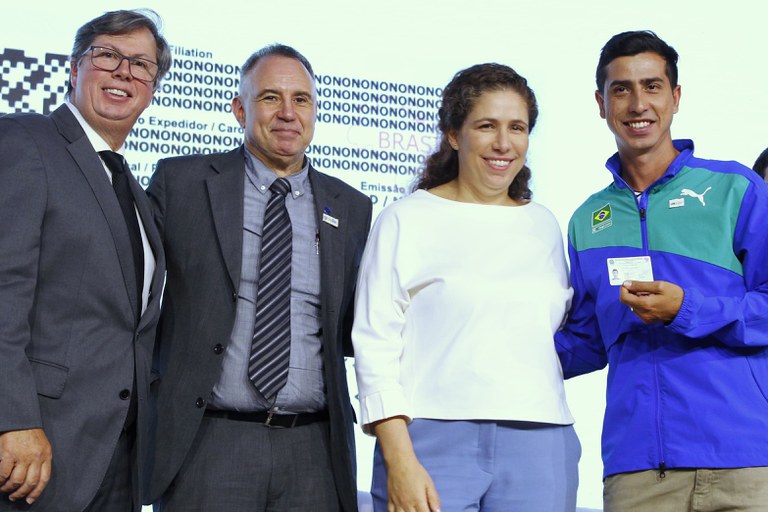
For the minister, the CIN is a platform for citizenship. So far, around 13 million units of the new card have been issued in 25 states and in the Federal District.
Digital Citizenship Congress to be held next week
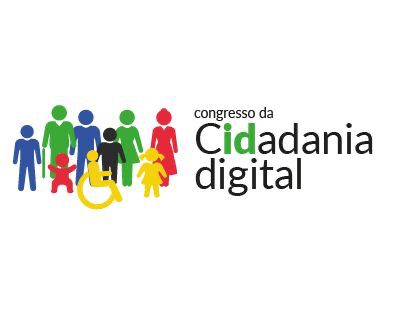
The event will discuss topics such as the new National Identity Card (CIN), Public Digital Infrastructure (IPD), and digital transformation in federal entities. Registration closes today (9/9).
Célio Ribeiro Highlights CIN Advances and the Creation of the National Civil Identity Day in an Interview with Rádio Eldorado FM

Célio Ribeiro, president of Abrid and InterID, gave an interview to Daniel Gonzalez on Rádio Eldorado FM, addressing key topics regarding civil identification in Brazil.
Creation of National Civil Identity Day awaits Presidential approval
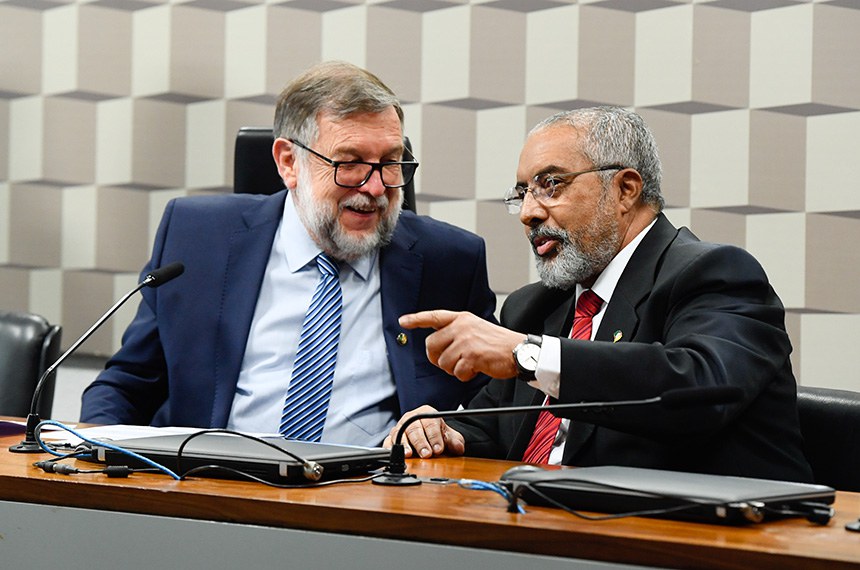
The proposal to create this date was an initiative of the Executive Secretary of the Joint Parliamentary Front for the Guarantee of the Right to Identity (FrenID), Célio Ribeiro.
National Identity Card Presented to Notary Representatives in São Paulo
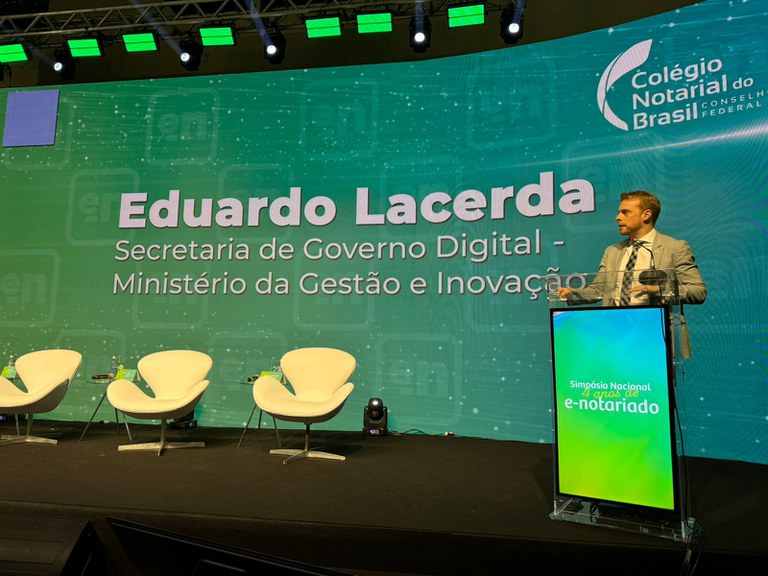
The new National Identity Card (CIN) was one of the main highlights of the National Symposium “4 Years of e-Notarization,” held in São Paulo last Friday, August 23.

